Jason Goodwin: 'Every housewife used to have a notebook in the kitchen, battered and splattered, its pages scribbled over'
Roped into a speaking at a literary festival at the 11th hour, Jason Goodwin reminisces about the old cookbooks his mother wrote and worked from, which are ever-increasingly falling out of style.
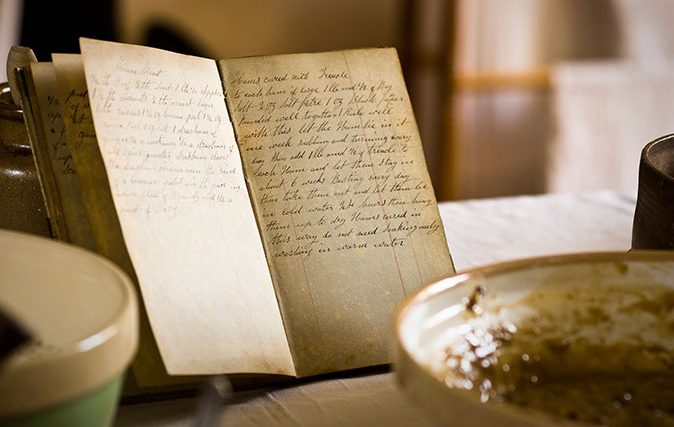
Every town worth its salt has a literary festival these days. The best of them are run by powerful women descended from P. G. Wodehouse’s fearsome aunts, incorruptible headmistresses and implacable bishop’s wives. Every year, they cajole, bully or charm quivering regiments of publishers and publicists and make them disgorge writers onto windswept railway stations many miles from home.
Tanya and Venetia are undoubtedly better, fitter and more formidable than any of them, so I sat up when the call came. An acclaimed biographer had cried off, with migraine. It was too late to warn the ticket holders. They needed a substitute speaker, anyone.
When I arrived to be wired for sound, Tanya was already there. ‘You’re a saviour,’ she said. ‘You haven’t heard what I’m going to talk about yet,’ I said. ‘It’ll be wonderful,’ she purred professionally, as the crowd streamed innocently into the ballroom of The Bull Hotel.
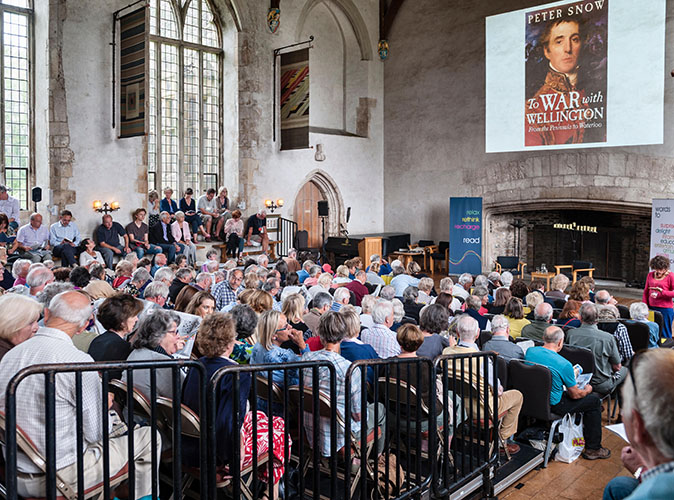
A man with a gloomy look objected to the switch, to the point of getting his money back, but, for the most part, the audience knuckled down and faced the music. Having paid for an insight into the Romantic movement and vegetarianism, people were unfazed to learn that they were getting a talk about Jocasta Innes, my late mother, instead.
'it’s the complete guide on how to brine and bottle, brew, pickle and smoke. It is, as I intended to say, the perfect Christmas present for young people.'
Not absolutely sure what I would say, I took her classic cookbook The Country Kitchen as my theme. Written in 1979 and republished this month, it’s the complete guide on how to brine and bottle, brew, pickle and smoke, how to make cheese and sausages, chutneys and jams. It is, as I intended to say, the perfect Christmas present for young people.
Jocasta was born in Nanjing and I had the photos to prove it. They were black and white, all odd sizes, scanned from the family album: Jocasta with her amah; a huge American car with whitewall tyres in the mud in front of a walled city; and peasant farmers pushing wheelbarrows along a road, each barrow equipped with a small mast and rattan sail. They must have given the barrows a little extra push. My mother would have approved.
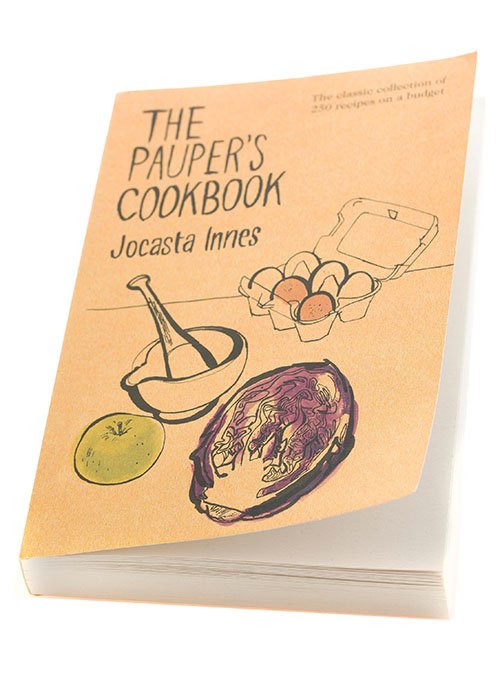
She always called herself a peasant: practical, ingenious and a little greedy – greedy people, she always said, made the best cooks. Her first book, The Pauper’s Cookbook, distilled her experience of living on a shoestring and has never gone out of print. It was optimistic and friendly, full of sound advice and recipes that didn’t cost the earth, but The Country Kitchen was the one she most enjoyed writing.
Exquisite houses, the beauty of Nature, and how to get the most from your life, straight to your inbox.
'Every housewife used to have a notebook in the kitchen, battered and splattered, its pages scribbled over.'
Stewart Walton’s original illustrations show her Swanage kitchen with pots and pans, demijohns on the dresser and buckets, which might have contained brining hands of pork or even nappies, and a bright, wide view across the town to Nine Barrow Down.
She drew, I recalled, on an array of cookbooks by pioneer women, farmers’ wives, scholars or writers stung into print by the lack of information available to women setting up a new home. Florence White and Lucy H. Yates had delved into deep country before the Second World War and Dorothy Hartley in the 1950s; Jocasta’s work was turned from the same mould as Patience Gray and Jane Grigson.
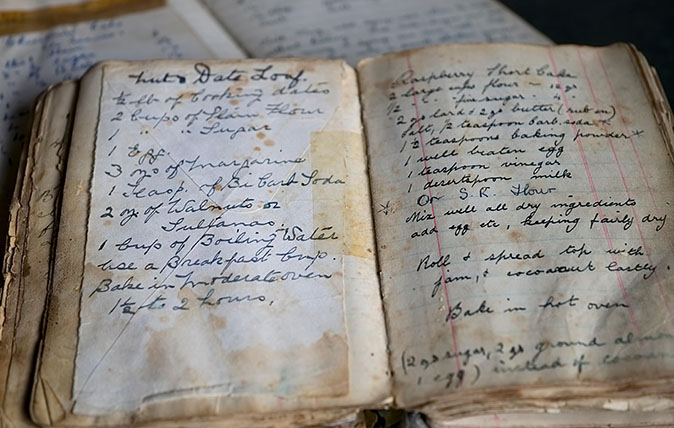
There were still, in country places, traditions of cooking, storing and preserving. Every housewife used to have a notebook in the kitchen, battered and splattered, its pages scribbled over and stuffed with all sorts of good recipes picked up from friends and relations, snipped out of magazines or peeled off the back of tins. A woman laughed at the back: ‘I still keep mine!’
Tanya rose magnificently from the stalls. ‘Just to say we’ll need some time to clear the hall for the next talk,’ she boomed.
I had said some of things I meant to say, but, really, I’d only just begun.
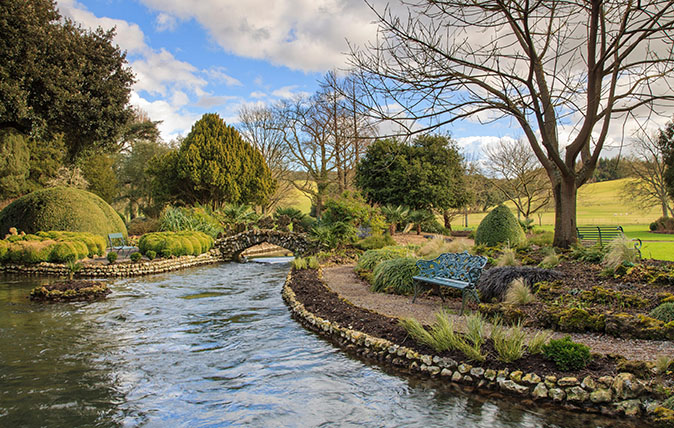
Jason Goodwin: 'The legal and democratic system that flourishes across a third of the world was hammered together on these shores'
Jason Goodwin reflects on the present's increasing ability to reflect on the past, whether through radio programs, photograph albums or
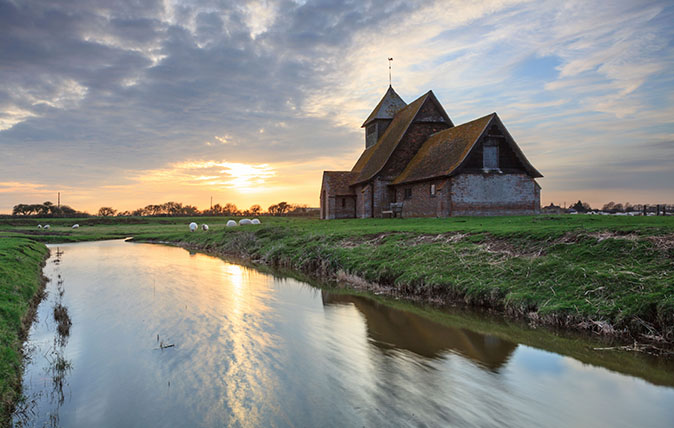
Jason Goodwin: 'On our watch, the natural glories of our island have been atrociously depleted'
Our columnist Jason Goodwin laments the staggering decline of British wildlife and the depletion of our island's natural glories.
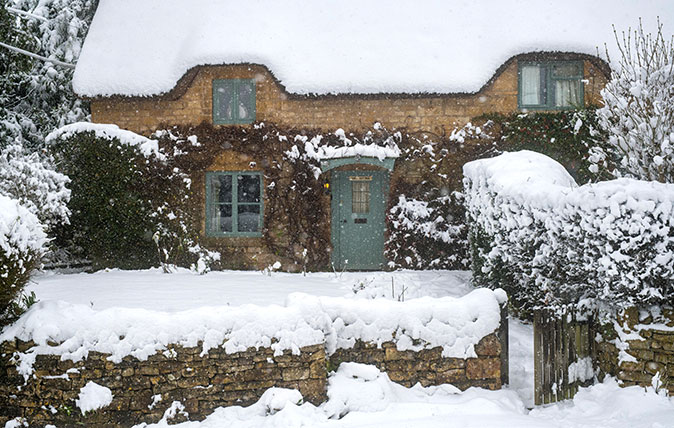
Credit: Tim Gainey / Alamy Stock Photo
Jason Goodwin: ‘The only sounds were the yawning of dogs, the spitting of logs in the fireplace and the occasional papery gulp of somebody turning a page’
Snowed in and without power, Jason Goodwin was left to live a medieval lifestyle that was rejuvenating and romantic... but
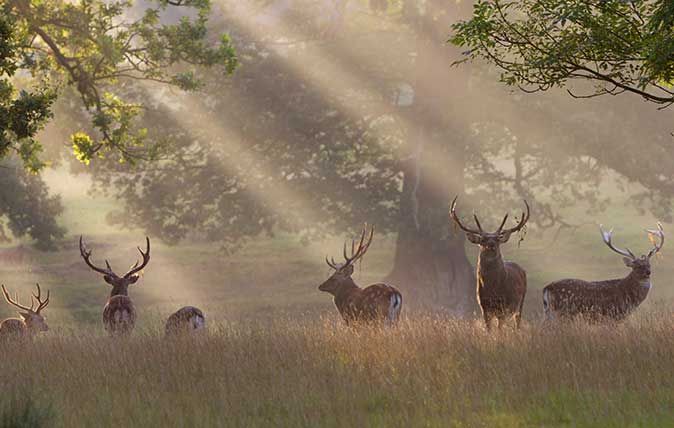
Credit: Alamy
Jason Goodwin: How to turn a majestic but unlucky deer into a freezer-full of meals
Our columnist Jason Goodwin makes the most of a bit of A35 roadkill – with a little help from Christian Dior.
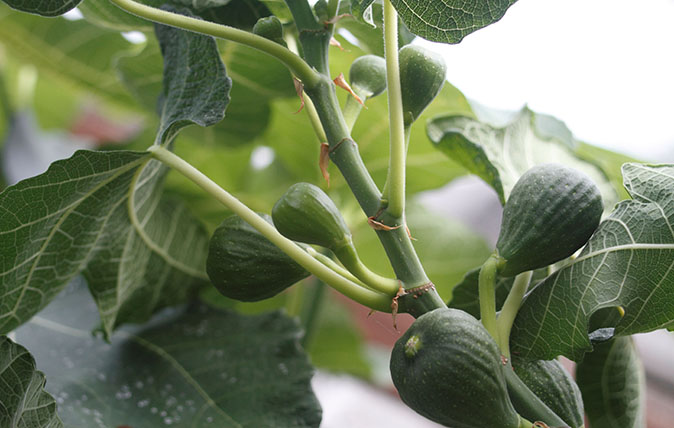
Jason Goodwin: 'I think about it when I’m on the stepladder, reaching out dangerously far to tweak a ripe fig'
Jason Goodwin tells our readers why he's now decided to give a fig about the ancient fruit that's been growing